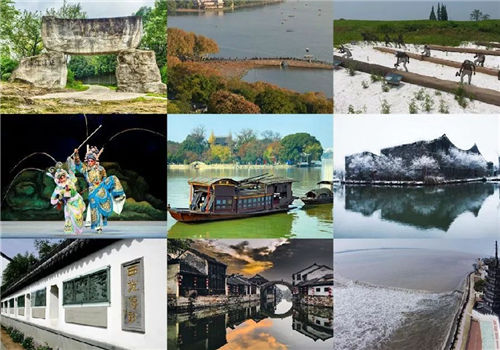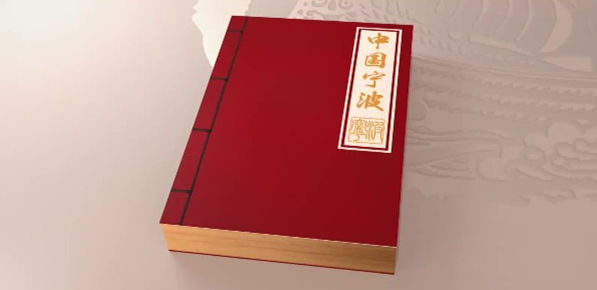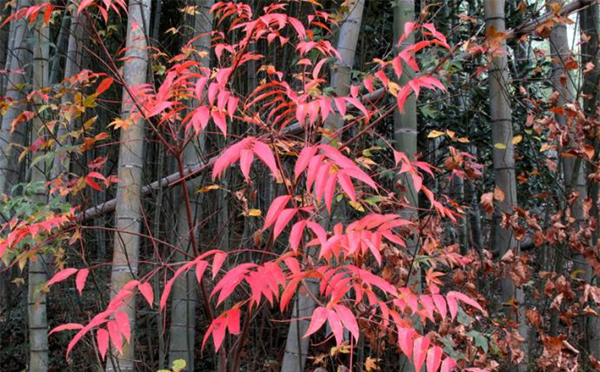Ningbo items in contention to become Zhejiang cultural trademarks

The Zhejiang Provincial Department of Publicity and the CPPCC Zhejiang provincial committee solicit submissions for Zhejiang's 10 cultural trademarks. [Photo/cnnb.com.cn]
Five items from Ningbo are in the running to become Zhejiang cultural trademarks.
In May, the Zhejiang Provincial Department of Publicity and the CPPCC Zhejiang provincial committee solicited submissions for Zhejiang's 10 cultural trademarks.
After three rounds of expert review, 30 finalists were chosen, five of which were from Ningbo, namely Hemudu Site, Tianyi Pavilion, Yangming culture, Ningbo Bang and celadon.
The final winners will be decided by expert evaluation and online voting. Readers are able to vote by clicking the link. (https://tp.8531.cn/index.html?zjxw_control=1101/#/index/vote?vote_id=875&is_check=1)
Hemudu Archaeological Site, which was unearthed in Yuyao county of Ningbo in 1973, is one of the most important archeological discoveries made in China in the 20th century.
It is the first mid-Neolithic discovery to be made in the lower reaches of the Yangtze River. The large amount of cultural relics unearthed at the Hemudu Site provides evidence that both the Yangtze River Valley and the Yellow River Valley are the cradles of the ancient Chinese civilization.
Tianyi Pavilion is the oldest private library still in existence in China. The 26,000-square-meter library has amassed a collection of 300,000 books, 80,000 of which are considered rare.
Wang Yangming (1472–1529) was a Chinese statesman, general, and Neo–Confucian philosopher born in Yuyao, Ningbo. He was a leading critic of the orthodox Neo–Confucianism espoused by Zhu Xi (1130–1200).
Wang is perhaps best known for his doctrine of the "unity of knowing and acting," which can be interpreted as a denial of the possibility of weakness of will.
Ningbo Bang, or Ningbo business group, is one of the largest business groups in China. Ningbo Bang originally referred to a group of businessmen who were born in Ningbo but lived outside of the city, usually achieving success by starting their own businesses. Now, the term has expanded to include any Ningbo native who currently lives outside of the city.



 Print
Print Mail
Mail
